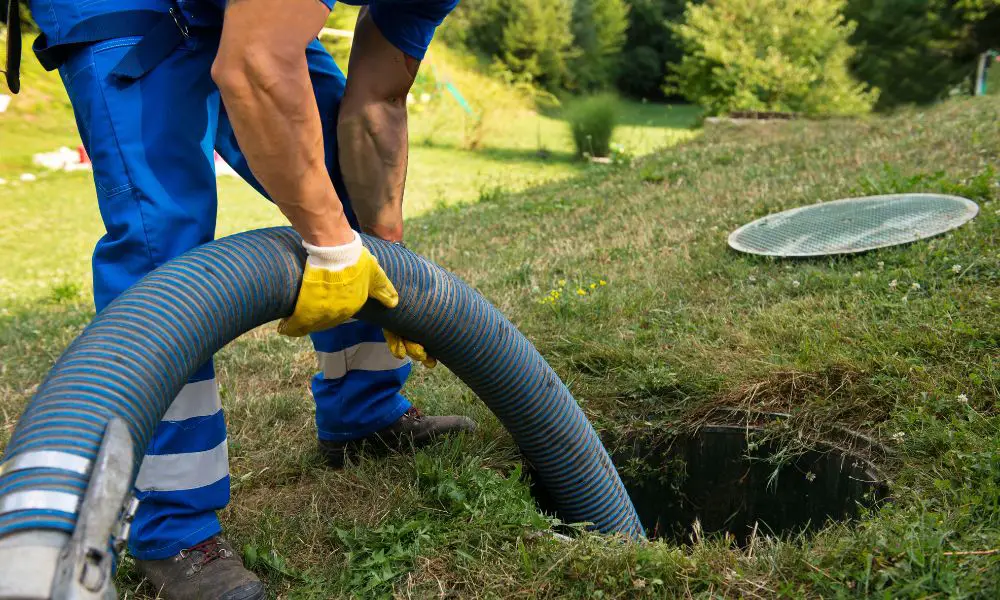

Septic tanks are becoming increasingly popular for homeowners who want a more eco-friendly way to process wastewater. These systems are cost-effective and require less maintenance than traditional sewer systems.
However, there are pros and cons that you should consider before making the switch to a septic tank system. Let’s look at what you need to know before making the switch.
The primary benefit of a septic tank system is its cost-effectiveness. Septic tanks are much cheaper than traditional sewer systems—sometimes up to 75 percent less expensive. This benefit makes them an attractive option for those on a budget or with limited access to public sewers. Additionally, since they don’t rely on electricity or a public water supply, they can go virtually anywhere (as long as local regulations allow their installation).
Another benefit of having a septic tank system is that it offers an eco-friendly way to process wastewater. Unlike traditional sewer systems, these don’t require chemical treatment to release the wastewater into the environment—a major plus for those concerned about their environmental impact. Additionally, many cities offer incentives for homeowners who choose to install septic tanks over traditional sewers, such as tax credits or discounted rates on wastewater services.
Finally, septic tanks require far less maintenance than other types of sewage processing options. This means less time and money spent on upkeep and repairs down the road. Most experts recommend only servicing your tank about once every three years to keep your system running smoothly and efficiently.
The primary downside of septic tanks is that they can be difficult (or impossible) to install in certain areas due to local regulations or soil conditions. Additionally, since they rely on natural drainage rather than pumps or motors, they may not work well in areas with heavy clay soils where drainage may be slow or nonexistent (although there are certain steps you can take if this applies). On top of this, if they don’t receive regular maintenance, these systems can become clogged with organic materials, such as grease or food waste, leading to costly repairs down the line. Finally, improperly installed or maintained tanks may also leak contaminated water into the ground, posing environmental and health risks for nearby residents and wildlife.
Septic tank systems offer homeowners many pros and cons, including an affordable and eco-friendly way to process wastewater without relying on public sewage services. There’s a history of septic tank systems and their usage in homes. As a result, it’s important to research local regulations regarding installation in your area and consider how much ongoing maintenance might be necessary depending on your soil type and climate zone. With careful consideration up front, though, these systems can provide homeowners with an effective solution that won’t break the bank.
Want to improve your lock-picking skills? We reveal the most helpful tricks that will have…
Looking for walking groups near me? Learn how to find local groups, understand the benefits,…
Discover how to choose the right chain sling, from single-leg to quad-leg and adjustable slings,…
Secure your RV with the right storage facility. Explore local options to protect your investment,…
What is milk pasteurization, is it important, and should it matter to you? Here's the…
Learn what happens when you weld materials too quickly or too slowly, and why balancing…